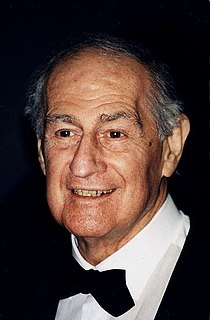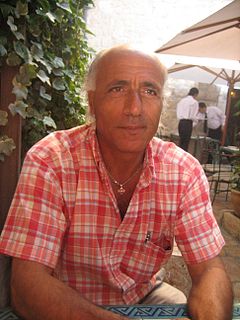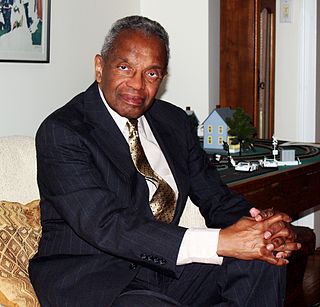A Quote by Carlisle Floyd
Like any other composer of opera, I choose a subject not for polemical reasons, but because it contains vivid characters in highly charged dramatic situations.
Related Quotes
The most important thing to remember is that the composer is a senior partner. You cannot force a subject on a composer if it doesn't inspire him. He has to take the lead, you are an enabler, and you are creating the enabling conditions under which he can write great music. Your words are secondary. Many librettists in opera collaborations in the past have forgotten this, or not known it, or refuse to accept it and tried to get out in front of the creative process and it just doesn't work that way.
It is as dangerous for people unaccustomed to handling words and unacquainted with their technique to tinker about with these heavily-charged nuclei of emotional power as it would be for me to burst into a laboratory and play about with a powerful electromagnet or other machine highly charged with electrical force.
Painting allows me to use other portions of my brain pleasurably. Irony plays no part in what or how I paint. I paint the particular subject matter not to make polemical points but because I am interested in the human imprint on the landscape. I paint the landscape of my time and place with the stuff in it.
There are so many different kinds of people in America, with so many different boiling points, that we don't know how to fight with each other. The set piece that shapes and contains quarrels in homogeneous countries does not exist here. The Frenchman is an expert on the precise gradations of espèce de and the Italian knows exactly when to introduce the subject of his other's grave, but no American can be sure how or when another will react, so we zap each other with friendliness to neutralize potentially dangerous situations.
I've always loved opera; it never occurred to me that I would write a proper libretto. One of my closest friends is a composer, Paul Moravec, and a few years ago, Paul and I were at lunch, and I said to him, "you really have to write an opera." So, he says very casually to me, "I'll do it if you write the libretto." Well, little did I know that the within a couple of years we would end up getting a commission from the Santa Fe Opera to write an opera together, "The Letter," which turned out to be the most successful commissioned opera in the history of the Santa Fe Opera.
I've wondered, though, if one of the reasons we fail to acknowledge the brilliance of life is because we don't want the responsibility inherent in the acknowledgment. We don't want to be characters in a story because characters have to move and breathe and face conflict with courage. And if life isn't remarkable, then we don't have to do any of that; we can be unwilling victims instead of grateful participants.







































